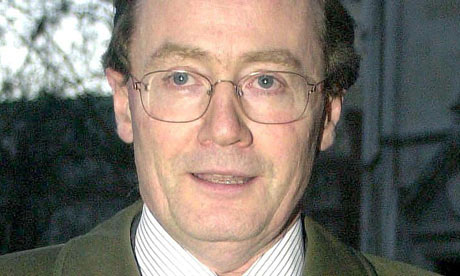A former top UK judge has likened efforts to oust expression of religion from the public square to Tudor-era persecutions.
Sir Michael Tegendhat said soaring numbers of lawsuits involving religion pointed to an increasing denial of human rights.
Sir Michael was the UK’s top libel and media judge until he retired last year.
His comments came in a speech at Tyburn Convent, just metres from the site of gallows upon which 105 Catholics were executed between 1535 and 1681.
The Catholic Herald reported Sir Michael saying the concept of secularism should guarantee a neutral space.
But instead it was being used as a pretext for hostility towards religion and religious practices.
He said the changes came when a succession of equality legislation was passed without giving adequate protection to the religious convictions of Christians.
This led to a series of complaints of harassment and unfair dismissal.
One of the most high-profile cases involved Nadia Eweida, who was told by British Airways that she could not wear a cross on her uniform.
The Catholic Church in the UK was forced to close or hand over about a dozen adoption agencies because it could not meet the statutory demand to assess gay couples as adoptive parents.
Sir Michael said secularism comes in different forms.
“It can be neutral, as it usually is in the United States and sometimes is in France, but it can also stand for hostility to belief in the ‘super-human’,” he said.
“Those who are hostile to belief in a super-human being or to religious practices, I am afraid, sometimes exhibit an attitude to freedom of religion and freedom of speech which are as restrictive of that of Elizabeth I or Burghley [her chief minister].
“They seek to limit those freedoms to the private sphere, but that is a denial of the rights that these freedoms enshrine and that is what the Jesuits and the Puritans fought against,” he said.
“Their fight was ultimately successful, as we all know, but at enormous personal cost.”
Sources
- Catholic Herald
- Image: The Guardian
News category: World.




